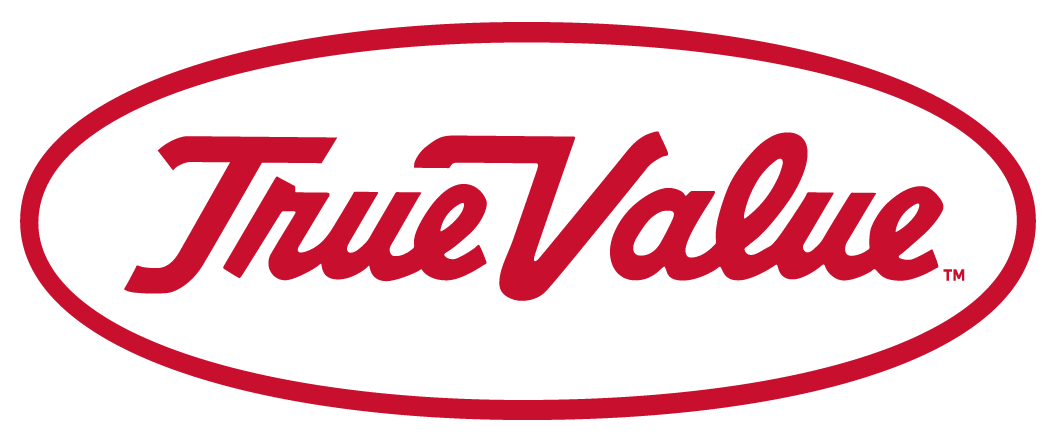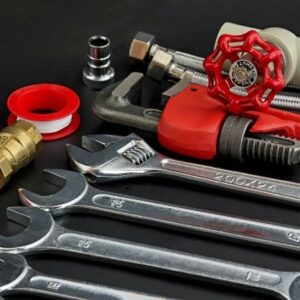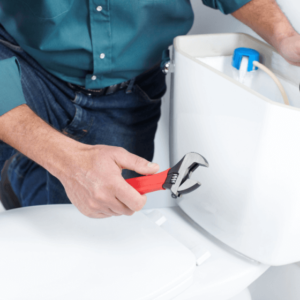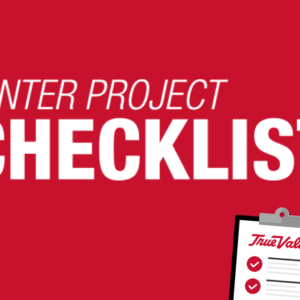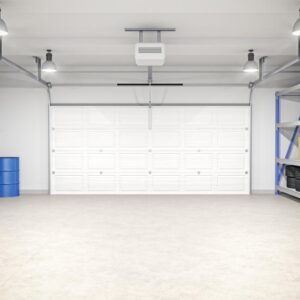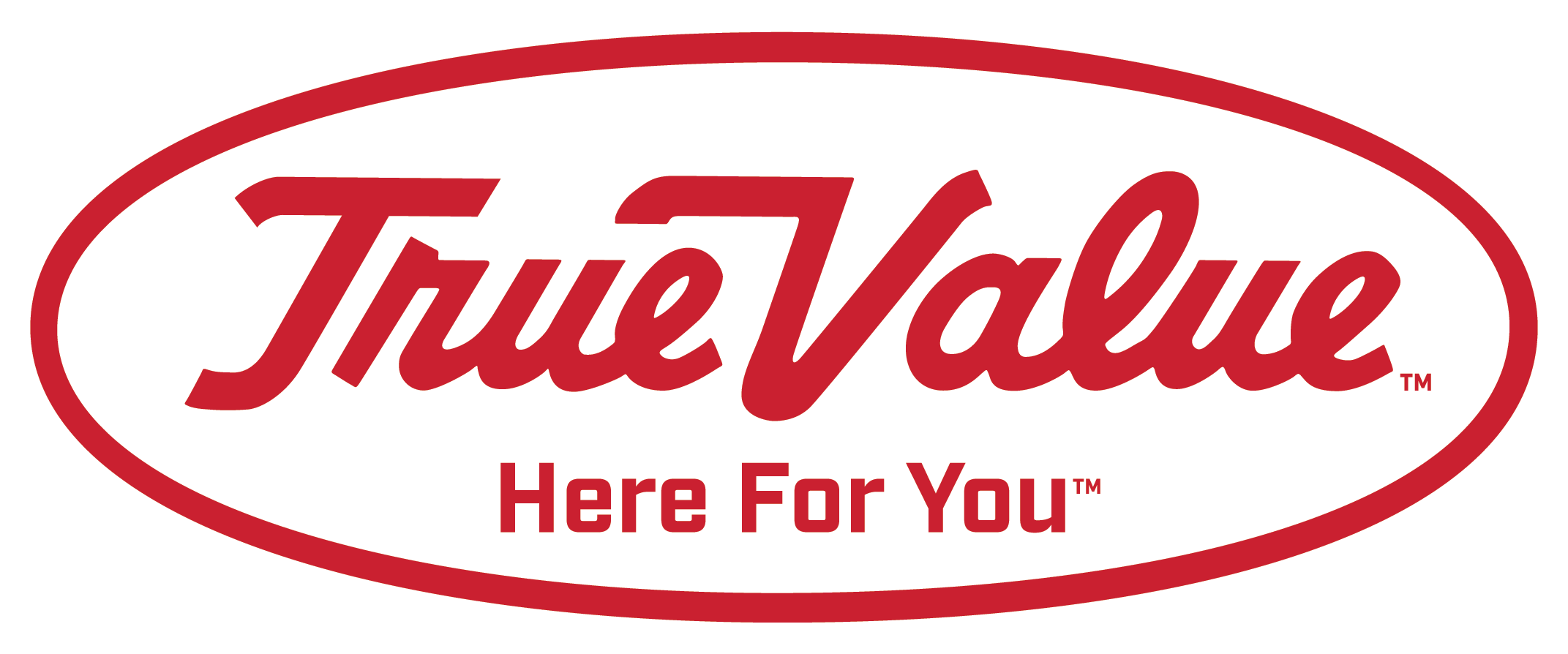Many people assume that there’s no way to remove rust once it forms on metal. While rust can be stubborn, there are many cleaning methods. We recommend adding rust removal to your list of spring cleaning chores. With so many tool chests being out of sight and out of mind during winter, rust could be accumulating on your metal objects without you noticing. Let’s take a look at some of the best methods to eliminate rust.
How Rust Forms
To learn how to get rust off metal, you should first review the underlying chemical reaction that causes the rust to form. Rust forms during a chemical reaction between iron and the oxygen in air or water. This type of corrosion often presents as an orange or red film. Rust is dry in its initial appearance, but it’s chemically formed by hydrated oxide, which corrodes the metal.
Is It Easy to Remove Rust From Metal?
Once you notice the rust forming on your expensive tools, a certain amount of degradation has already started to occur. Fortunately, it’s fairly easy to remove rust from metal safely and quickly.
Here are some ideas for getting rid of rust as easily as possible:
- WD-40: This spray is widely available and easy to use. Simply follow the instructions provided, and watch in wonder as the rust disappears.
- Sandpaper: Sandpaper comes in various degrees of strength, and this is expressed as the grit of the paper. High grit is fine and can be used to remove the last traces of rust. Low grit numbers are coarser and can be used more aggressively on tougher jobs.
- Chemical rust removers: These might include phosphoric acid, oxalic acid, muriatic acid, and other chemicals. It’s very important to understand how to apply safety precautions when using any chemical-based rust removal product. Failure to take these safety measures into account could result in direct damage to any exposed areas of the skin.
- Oxalic acid: This method is the most potentially hazardous. Use this technique only if you’re completely comfortable working with gear like rubber gloves, protective clothes, and goggles. Clean the rusted metal with a washup liquid, and dry it completely. Combine a teaspoon of oxalic acid with 250ml of warm water. This should soak for around 20 minutes before starting the cleaning process with a wire or brass brush or cloth. Never inhale the fumes or allow any flames near the oxalic acid.
What Household Items Clean Rust From Metal?
In addition to the common household items listed below, you can also try different types of scrubbing methods to get the best results. For example, an old toothbrush might work well in many cases. Objects with more rust might require a larger nail brush.
Here are some household items that can clean rust:
- Baking soda: Make a thick paste by mixing water and baking soda or borax. This mixture should be thick so that it spreads evenly onto the rusted metal surface. Leave the paste on the metal for at least 30 minutes before scrubbing it off with a toothbrush or wire cleaner. Try different consistencies with the baking soda paste; there is no exact formula to use.
- Lime or lemon and salt solution: Remove rust from metal by applying salt to the areas that are showing visible signs of rusting. Coat the area completely with the salt before squeezing lime or lemon juice on top. Let this sit for a few hours, and scrub the rust off the metal with the rind of the citrus.
- Potato with soap: This is an amusing recipe you can rely on to remove rust from metal. Cut a potato in half, and place one half into a bowl containing dish soap. Remove it, and place the potato directly on the rusted metal. The oxalic acid in the potato will cause a chemical reaction with rust, making it easy to remove after a few hours. Alternatively, you can try the same procedure using a mixture of baking soda and water instead of dish soap.
What Is the Fastest Way to Remove Rust From Metal?
Due to the smaller degree of risk involved in the process, using a natural household solution is often the quickest method for removing rust. While chemical cleaners may act faster, they generally require additional research and preparation to ensure your safety. Furthermore, it’s more likely that you already have a natural household solution stocked in your kitchen.
The actual time it will take for these methods to work will be affected by the amount of rust and the way it interacts with the chosen solution. The fastest household solutions you can use to remove rust include:
- White vinegar: This method requires soaking for 30 minutes.
- Baking soda: To use this, you must wait for the paste to settle. It might require 30 minutes to a few hours. The amount of time depends on the amount of rust.
- Lime or lemon and salt: This method might require a few hours of waiting.
- Potato and dish soap: This method also requires up to a few hours before scrubbing.
Is Vinegar Good for Removing Rust?
Trying to remove rust from stainless steel? In this case, you’ll want to use vinegar as your cleaning agent.
The metal object must be completely immersed in the vinegar solution. For the best results, leave the object submerged overnight. Keep in mind that this will be most successful for objects made entirely from stainless steel. Mixed types of metals don’t respond as well to this technique.
Rust Prevention: Better Than Cures
Prevent rust from forming on your equipment, tools, and hardware whenever possible. Keeping rust off metals is certainly easier than letting rust form and then having to remove it. To prevent rust, these tips:
- Oiling: Tools should be properly oiled before being stored for long periods of time. This is one of the easiest and most effective methods of preventing rust from forming on your metal tools.
- Cleaning: Clean all your tools before storing them in the shed for winter, holidays, or any long period. Dirt and debris on the metal can encourage rust formation. Kitchenware should be washed and dried by hand; avoid using the dishwasher to clean these items.
- Storing: Store your cleaned and oiled tools in a location that is protected from the elements. Any moisture that comes into contact with the metal could cause a rusty result.
Final Thoughts on How to Remove Rust From Metal
The amount of time you will need to completely remove the rust depends on how much rust there is on the metal and how many times you repeat the steps. Rinsing and drying are helpful for clearing off the last particles of rust. Learn how to get rid of rust by trying several methods. Repeat the one that works best for you as needed to remove rust from metal.
True Value has been serving the wholesale hardware industry since 1948. Stores are stocked with everything you could possibly need to remove rust from metal. Use this handy locator to find a store near you.
